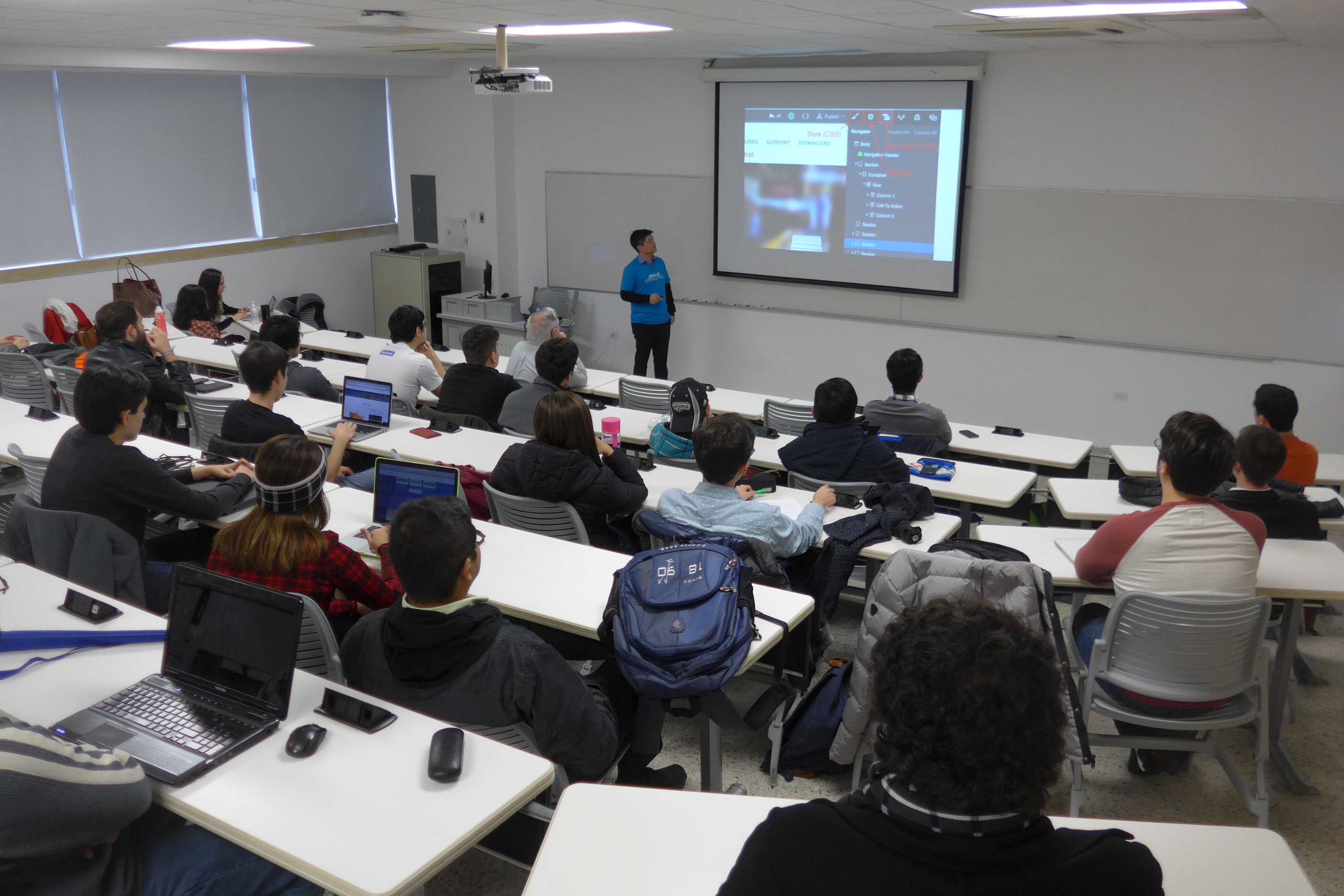One of the most immediate questions that you face when you create a business is where to locate it. As we all know there is a heavy importance placed on the location of any business. Or, as the old adage goes: location, location, location. So where do you start? Should you pull and Apple and start in a garage? Should you rent out an office space in the heart of the city to be where the action is? Can you be in the suburbs? Should your primary location be in a city? Today we will be looking at some of the important aspects of business locations and deciding how important location is for your start-up. Let’s look at costs, commuting, and human capital as three important factors to consider.
Costs
Foot Traffic

Photo by Jezael Melgoza on Unsplash
There are several costs associated with any location that you choose for your new start up. The first and most obvious cost is that of the building itself. Generally, if you wanted your business to be successful it needed to be in a highly trafficked area. Being in a highly trafficked area was the only way to get customers. For some businesses like boutiques or restaurants this might still be the case. It might be critical for the business to have high foot traffic. Obviously, it is important to choose a location that will help your business grow.
However, being in a location with plenty of foot traffic can be expensive. It might be critical to your business to get as many walk-in customers as possible. But by selecting a location on a main street you could be driving yourself out of business. It is important to balance the cost of the physical location with profits that you bring in. . To put it simply: if the rent is higher than your profits you have chosen the wrong spot for your business.
Social Media

Photo by NordWood Themes on Unsplash
Additionally, foot-traffic is no longer the only way to gain customers. There is this handy new thing called the internet that you might be able to use to your advantage. By harnessing the power of technology (specifically social media like Twitter, Facebook, and LinkedIn) you can gain customers who have never set foot in your store. Using social media to promote your business is not only a good idea, it is essential in this day and age.
Not to mention, social media is far more cost effective than most other forms of promotion. The main point that I am trying to make here is that only certain businesses (like retailing, manufacturing or distribution centers) require the prime locations that were once fought over. If your business is information or service related, you might be able to cut costs by utilizing other resources to draw people in.
Commuting

Photo by Arlington Research on Unsplash
According to some experts tele-commuting is the wave of the future. It has been predicted that by 2025 most people will work from home in order to avoid the costs of commuting. For instance, here at Jonajo, we utilize tele-commuting in the form of nearshoring in order to minimize costs for our customers. It is said that in the future many people will have jobs similar to freelancers which will allow them more autonomy.
With this trend, larger companies will stop operating from a single location. Instead they will spread out to multiple locations to develop and sell their products. If all of these predictions come true, then what is expected to follow? Well theoretically, only certain areas will thrive because they will be desirable to live in. It is said that people will pick the location that they want to live in and then pick a job. This is in sharp contrast to how the world used to work. It used to be that people would choose a job and then move to wherever that job was located. With the growing desire for autonomy from employees it seems as though location might not be as critical as it once was.
Human Capital
In contrast to the previous section, the need for human capital might be the strongest argument for being very careful about where you start your business. As I saw in several other articles while doing my research for this one, people are critical to the success of start-ups.
Essentially, the biggest argument for careful location selection is the real people are the ones making your business a success or a failure. People are the ones who provide the capital, advice, talent, etc. that you need in order to have a successful start-up. Believe it or not, many people still prefer to meet in person to communicate about the things that matter to them. Therefore, being close enough to grab a cup of coffee could be the difference between your start-up succeeding or not.
Resources to Consider
For instance, in Silicon Valley there is an abundance of start-ups and that is for good reason. In the area surrounding San Francisco there is so much human capital that you can utilize. There are major companies like Apple, Google, and Facebook who could provide seed funding for your start-up. They also could supply talent or serve as early adopters for your company. You could also seek out mentors or higher level executives for your start-up from these larger companies.
Additionally, there are plenty of universities in the Bay Area (e.g. Stanford, UC Berkeley, etc.) where you could find young talented individuals looking to prove themselves. Or you could utilize these universities to develop new skills like coding.

Photo by Precondo CA on Unsplash
Finally, the potential for investment is unmatched anywhere else. As I am sure you are well aware, start-ups need plenty of capital. At different stages in your start up you will likely be looking for different types of investments. In the Bay Area there is potential for all types of investors from bootstrapping to venture capitalists.
Thus, the conclusion that I have come to when writing this article is that location really does matter for the success of your business, but not for the reasons it used to. At this point in time, networking and creating meaningful connections in person could be the difference between thriving or failing.


